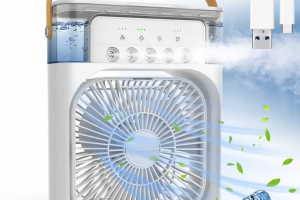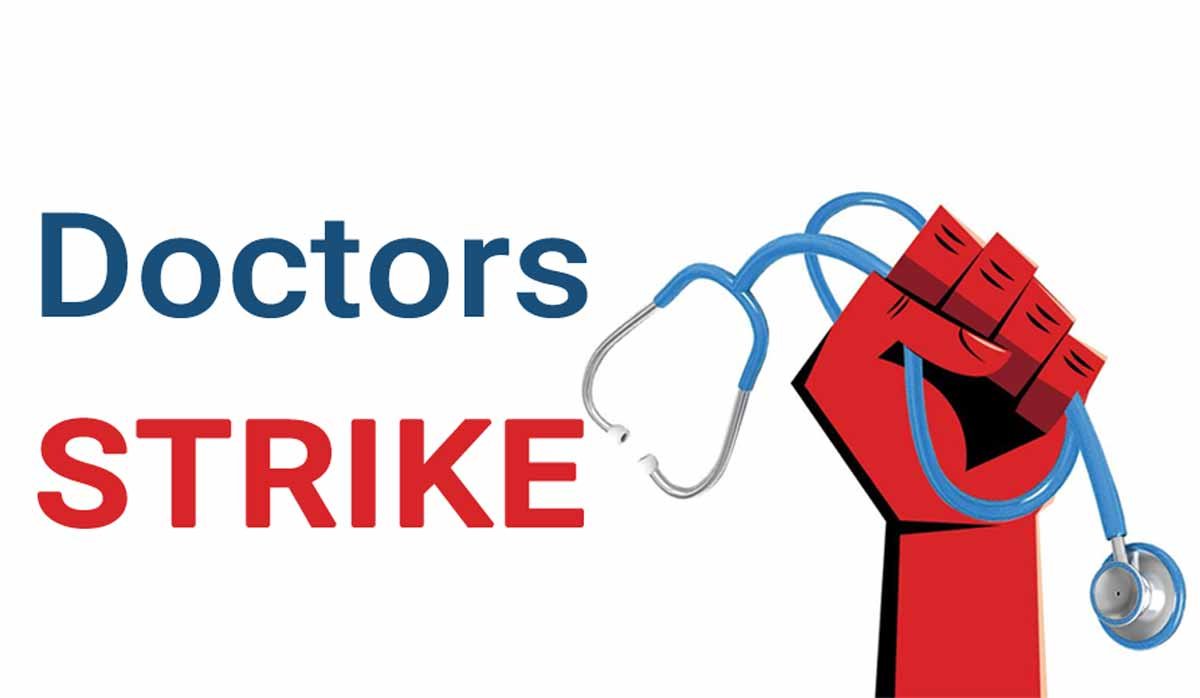[ad_1]
“Biden has been a steady hand through this financial crisis,” Sen. Elizabeth Warren (D-Mass.), one of the party’s most scathing critics of the banking industry, said in an interview. “It reinforces the steadiness of his approach internationally.”
It’s a surprising potential boon to Biden’s economic record. The political response indicates that he may avoid the kind of populist backlash triggered by past bank bailouts, if contagion remains contained.
It has started to give Democrats fresh material to make the case that the government should play an assertive role in the economy. In the case of Silicon Valley Bank, high-flying venture capitalists begged the Biden administration for help.
“Just as there are no atheists in foxholes, it appears that when there is a bank crash, there are no libertarians in Silicon Valley,” Senate Banking Chair Sherrod Brown (D-Ohio) said at a hearing Tuesday on SVB’s failure.
A Morning Consult poll found that a majority of voters support the bank rescue plan, despite viewing it as a bailout. A CBS/YouGov survey showed that 51 percent of Americans thought the Biden administration was handling U.S. banking issues well.
“The public seems quite supportive of the actions we’ve taken,” said one administration official granted anonymity to speak freely. “But I think the key is to make sure we’re not in that position again.”
Over the weekend that SVB collapsed, Rep. Nikema Williams (D-Ga.) said she unexpectedly received a stream of texts from constituents worried about the situation because they worked for Black-owned startups that banked with SVB. The bank catered to tech companies and their investors.
“The first person was actually a friend,” Williams, who sits on the House Financial Services Committee, said. “She’s like, ‘I haven’t told you about my new job move yet, but I’m over at this Black tech startup. And our money is in that bank. And is something going to happen by midnight before the banks open Monday morning?’”
The administration’s response that Sunday “shows the decisiveness that we needed to see from our president at the time,” Williams added.
“The administration, with bipartisan assistance, kept this banking crisis from being much worse,” Brown told POLITICO. “So, yes, I think all the way around” voters will receive it well.
Warren, a critic of the 2008 TARP bank bailout, said Biden’s bank rescue was framed in terms of small businesses making payroll and people not getting laid off — something “that’s right in Biden’s wheelhouse.”
Warren and other Democrats are now rallying behind Biden’s call to enact tougher penalties on executives of failed banks.
“He’s made clear his fury over the need to backstop high-flying corporate CEOs, and he wants laws to hold them accountable,” Warren said. “That works in his favor politically as well as being the right answer economically.”
Many Republicans on Capitol Hill have been careful about bashing Biden’s handling of the situation. Some have even been supportive of the administration’s efforts to contain the failures of SVB and Signature Bank from causing a broader financial meltdown.
But Biden-appointed regulators are facing bipartisan scrutiny of why they failed to avert SVB’s failure, which was triggered by its mismanagement of rising interest rates. It’s a message that dovetails into wider GOP criticism that Biden policies helped fuel the inflation that necessitated the rate hikes, even as White House officials try to trace back the banking instability to looser regulation under President Donald Trump.
“At the core of it, people understand the impact that persistently high inflation is having not only on their family and on their family budget but also causing economic instability in other areas as well,” Rep. Bryan Steil (R-Wis.) said.
Sen. J.D. Vance (R-Ohio) said the rescue was a “terrible idea” because it put smaller banks on the hook “to pay for millionaire uninsured depositors, in some cases billionaire uninsured depositors.” Banks pay fees to cover the costs of federal deposit insurance, and smaller lenders have been lobbying against having to cover the losses from SVB.
“I don’t think it was necessary to save the banking system,” Vance said. “And I think politically it’s going to be a real problem for these guys.”
Sen. Mike Crapo (R-Idaho) said that based on what he’s hearing from constituents, a fair amount of people are “unhappy with the government stepping in and bailing out again.”
“They’re not protesting yet, but there’s a pretty strong feeling,” he said.
Biden probably won’t get a big boost in the polls from the SVB episode. Sen. Brian Schatz (D-Hawaii) said when it comes to managing the economy, “it’s more a question of downside political risk, rather than upside.” Rep. Brad Sherman (D-Calif.) said “a crisis averted is a crisis forgotten.”
“I don’t think people are running around saying, thank goodness that Janet Yellen and the FDIC sprung into action and did what was necessary,” Schatz said. “They’re mostly just glad that things appear to be stable now.”
And, to be sure, the economy isn’t out of the woods yet. The fear now is that banks will be more risk-averse and less willing to offer credit to businesses, upping the odds of a recession.
“Don’t get me wrong, they did a great job,” Schatz said. “I just don’t know that this is going to be part of their reelection strategy.”
Victoria Guida contributed reporting.
[ad_2]
#Biden #skirts #bank #bailout #backlash
( With inputs from : www.politico.com )










